What I’ve Watched This Week
Digital dinosaurs, murderous mistresses and scandalous scientists
You seemed to enjoy the last post on what I’ve watched recently and I had a lot of fun writing it, so I thought that I’d do another one before I go away for a week to visit family in Victoria without my laptop. Technically, this post includes movies that I’ve watched over the past two weeks, but I wanted to keep the same title in case this becomes a regular thing. Besides, we had to say goodbye to my cat Mirabella, whom I’ve known for almost half my life, so I wasn’t in the mood for much writing.
As you’ll see, I’m still revelling in the past and seeking out stuff from the previous century as far back as the 1930s. We recently made the decision to cancel our Binge subscription, so I ripped through my watchlist to catch up on some golden oldies while I still had the chance. They’re all certified classics and some I ashamedly hadn’t seen until now, but rest assured that I love them all. From horror and murder mystery to action adventure and sci-fi, this is what I’ve watched this week.
Jurassic Park (1993)
Directed by Steven Spielberg
Written by Michael Crichton and David Koepp
Longtime readers of The Drip Tray will know how much this film means to me and if there’s one thing that I love more than movies themselves, it’s showing them to other people. I watched this with some friends for the benefit of one who had never seen it – the same one who hadn’t seen Jaws until we took him to a 50th anniversary screening – and I’m delighted to report that he thoroughly enjoyed it. It must be difficult to go into films like these, which have greatly influenced cinema and become pop culture icons, without preconceived notions, but the charm and ingenuity of Jurassic Park really can’t be overstated.
Call it nostalgia, but I love that I can still watch this with the same childlike wonder that captivated me when I was a boy. In fact, many of Spielberg’s films have this effect on me, whether they scared the shit out of me as a kid or not. Of course, the concept of bringing dinosaurs back to life for an amusement park is both very cool and insanely stupid, but when you’ve got a script informed by the genius of Crichton, who also wrote the book, it’s hard to go wrong. Unless the power to the electric fences surrounding the animals goes down in the middle of a tour. Also, I’m convinced that Dr Ian Malcolm, played by the devilishly handsome Jeff Goldblum, is the sexiest scientist to ever grace the screen.
The Man Who Knew Too Much (1956)
Directed by Alfred Hitchcock
Written by John Michael Hayes
Continuing my Hitchcock marathon, this is actually a remake of his 1934 film of the same name. James Stewart absolutely stole the show in Rope, so I was happy to see him get more screentime here where he really chews the scenery. It’s no Rear Window or Vertigo, but it pulls you into the mystery and refuses to let go until you realise that you’ve travelled the world, made some friends, gotten into hot water with the law and foiled an assassination attempt in a clean two hours. Hitchcock was not only the master of suspense; he was also an expert in pacing, probably refined by having already made an earlier version of the film.
Some of the characters’ motives were questionable, but I enjoyed watching the parents play it cool around their friends as they try to deduce where their kidnapped son is. There were also a few narrative dead-ends that I hoped were going to come back later, like the son’s medical knowledge learned from his father who is a doctor, which felt somewhat disappointing. I read a Letterboxd review that said it was about a woman finding her voice again in a suffocating marriage and I think that’s the best interpretation. The mother, brilliantly played by Doris Day, being a singer whose illustrious career is interrupted by her husband’s dedication to his work is an excellent plot device.
2001: A Space Odyssey (1968)
Directed by Stanley Kubrick
Written by Stanley Kubrick and Arthur C. Clarke
I saw this for the first time at a cinema – thank God! – with a friend and we both left in altered states. Of course, we knew that it was considered one of the greatest films of all time and had seen snippets of it over the years, but damn. Friends had told me that it was very slow, which admittedly turned me off it each time I’ve had the chance to see it, and I get it. There’s no dialogue for the first or last 25 minutes and it’s two-and-a-half hours long, but I was never bored. I found myself mesmerised by the hypnotic visuals and kept repeating in my mind, how the hell did they do that? It still looks fucking incredible.
It’s hard to believe that this came out in 1968, the same year as Planet of the Apes and Night of the Living Dead, which are both exceptional films yet feel dated compared to 2001. Even the title is ahead of its time. The cinematography is full of striking symmetry and bold colours that rival the works of contemporary auteurs. I also noticed how each musical piece conveyed the emotion in scenes of little to no dialogue, reaffirming that this film is to be felt, not understood. You can see how influential it was from all of the later homages and parodies that you’ll recognise in this, from Star Wars to The Simpsons. Everybody should see this at least once.
Double Indemnity (1944)
Directed by Billy Wilder
Written by Billy Wilder and Raymond Chandler
A classic noir from one of America’s greatest directors, I enjoyed the committed performances as much as, if not more than, the brilliant writing. This is another film that appears on most “best of all time” lists, so I thought that I’d better check it out sooner or later. Thankfully, I believe that it’s still worthy of a spot 80 years on. A voiceover in the form of a confession from insurance salesman Walter Neff, played by a not-so-subtle Fred MacMurray, narrates the film throughout and the fact that we see a bullet wound in his shoulder in the opening scene gives it a literal deadline to instantly up the stakes.
The dangerously seductive Phyllis, played by Barbara Stanwyck, cons Neff into helping her dispatch her controlling husband and get away with it to claim the insurance money. I went from laughing at the ridiculous line delivery to marvelling at the superb red herrings. You could probably make a drinking game out of how many times Neff says “baby” then grips Phyllis by the shoulders before aggressively kissing her. Edward G. Robinson is fantastic as Neff’s boss Barton Keyes, who answers the phone and sculls a glass of water, on two separate occasions, in the middle of a tirade. It goes without saying that the use of shadow is outstanding.
Frankenstein (1931)
Directed by James Whale
Written by Garrett Fort and Francis Edward Faragoh
My favourite Universal monster movie is The Invisible Man, but the classic Frankenstein is a close second. After mentioning them in my last post, I wanted to watch this as well since I consider them inseparable and a remastered collector’s edition was recently released by Via Vision. Also directed by Whale, the same signature offbeat humour is present in his earlier work, to a lesser degree but with more heart. There are a number of omissions from Mary Shelley’s novel of the same name in this adaptation that humanise the Monster, although the lingering sense of injustice and lessons unlearned has the same effect.
The legendary Boris Karloff’s grunting and groaning Monster has become the face of traditional horror cinema, though Frankenstein may be the least scary of the big five. That being said, there are some genuinely poignant moments that elevate it beyond its contemporaries. One of the most haunting is the man carrying his dead daughter in his arms through the village during Dr Frankenstein and Elizabeth’s wedding, played by Colin Clive and Mae Clarke respectively. It’s also fascinating that there’s almost no non-diegetic music throughout the film except for the opening and closing credits from memory.
Stories that Stand the Test of Time
I recently read The Invisible Man by H.G. Wells, first published in 1897, and rewatched the classic 1933 film by the legendary James Whale to see how it translated to the screen. The original adaptation features some of my favourite practical effects, despite being over 90 years old, and
What I’ve Watched This Week
I’m finding that my indication of a good film these days is if I’m still thinking about it the next day. After watching a movie, I like to sit with it for a while and ponder how it made me feel. Of course, whether or not I enjoy it purely for its entertainment value is pretty clear in the moment. But the message and technique will typically resonate wit…



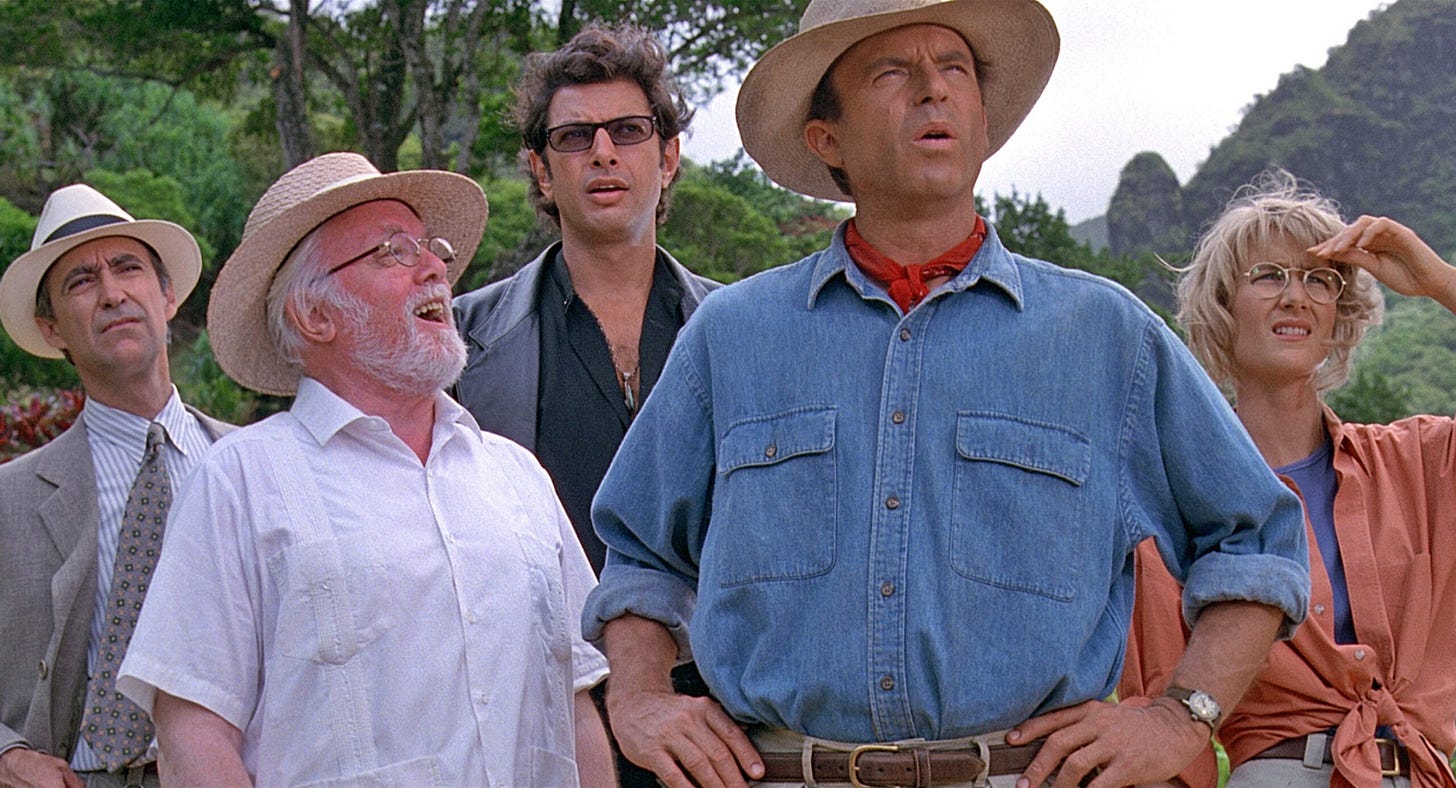
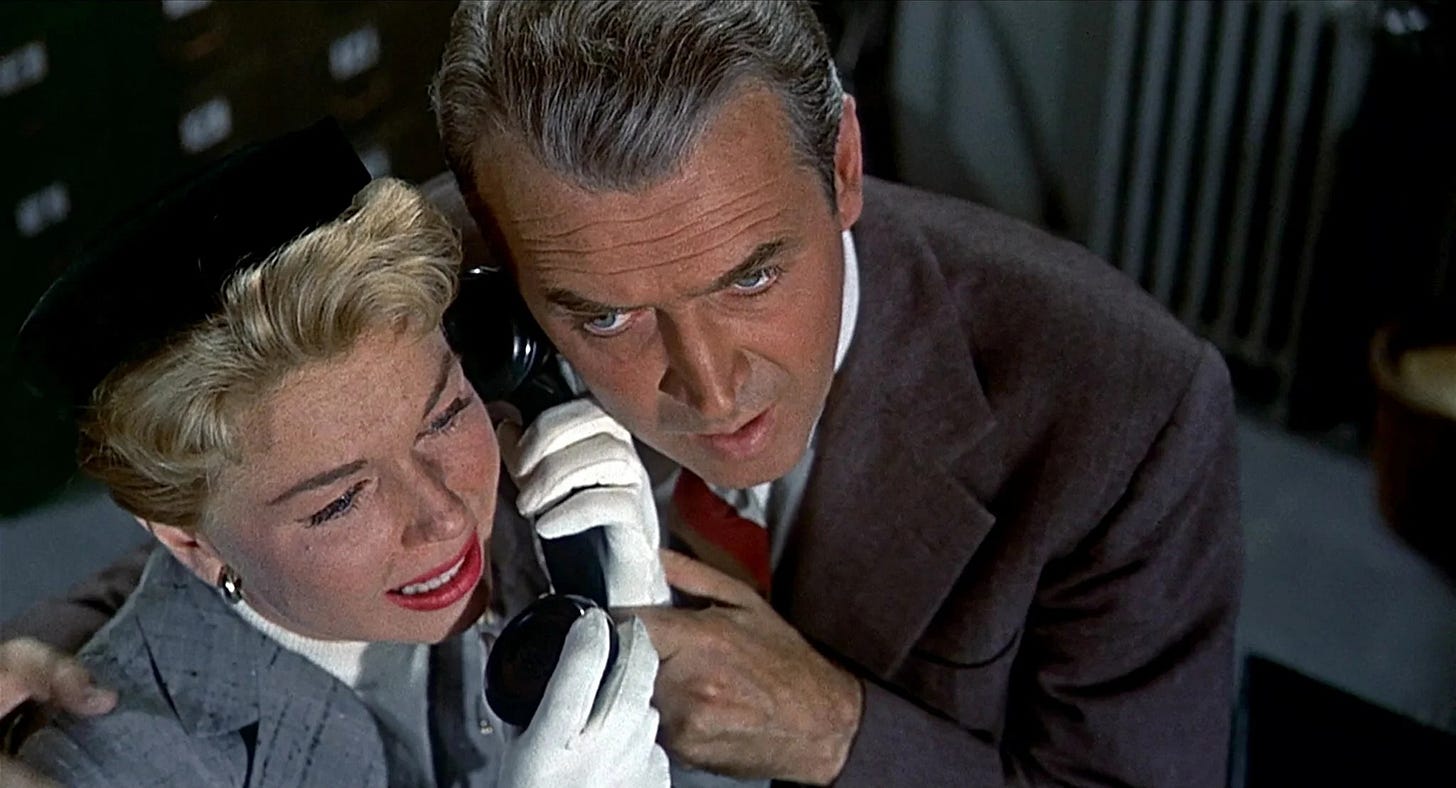
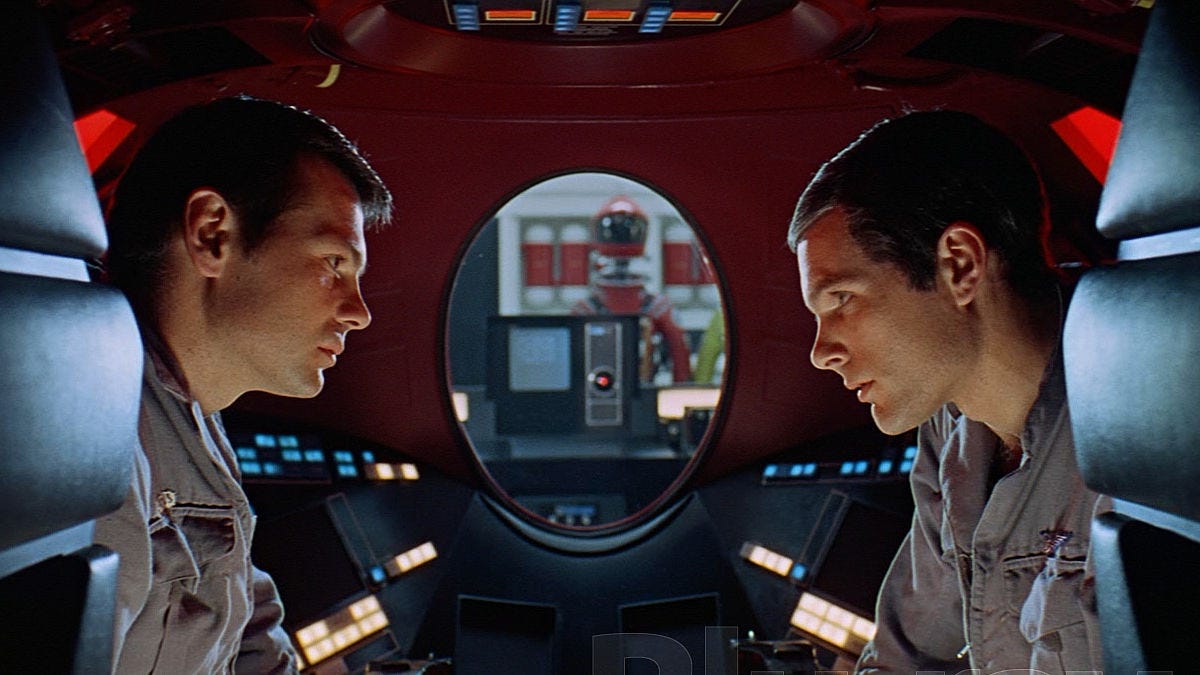
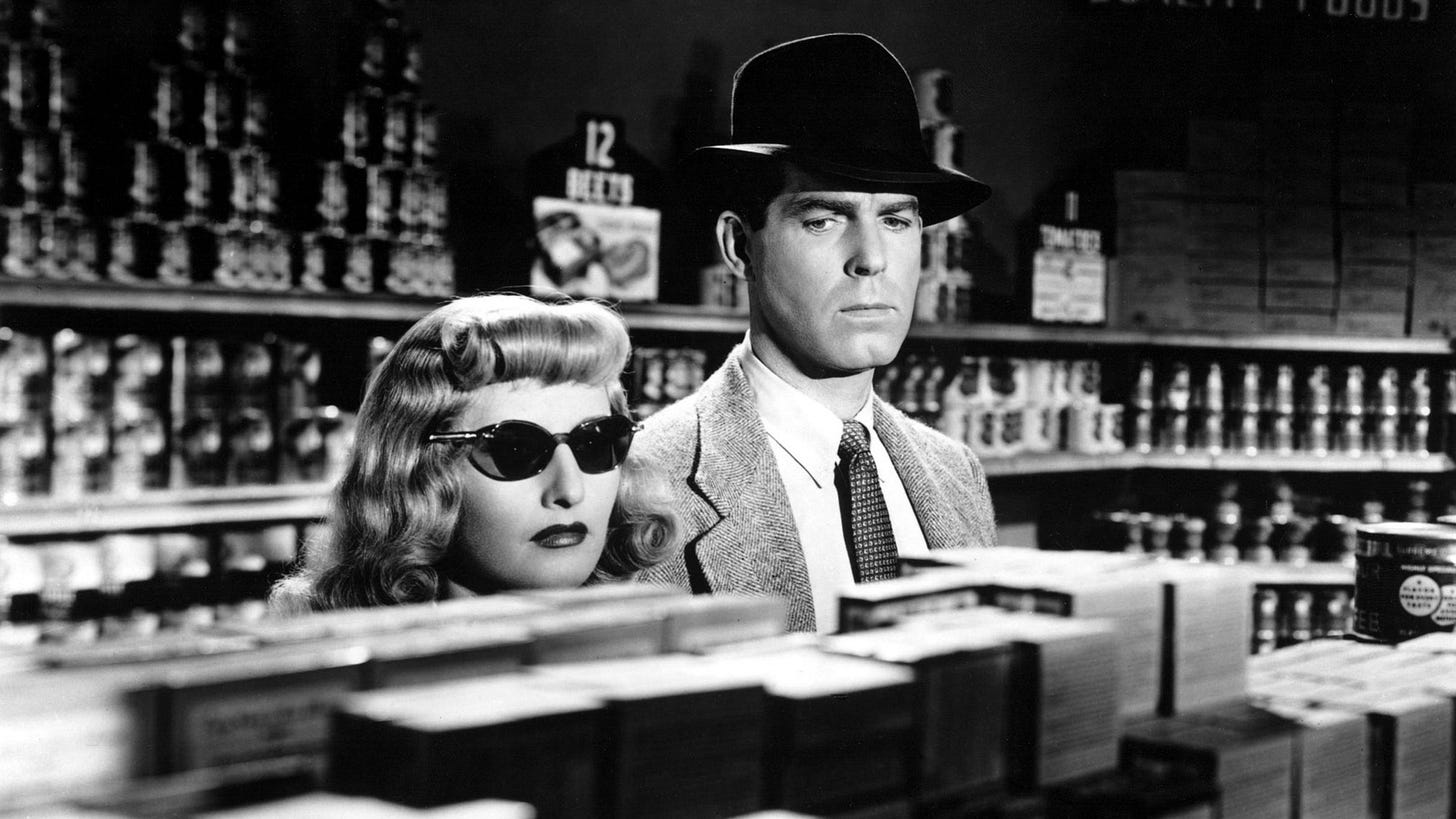
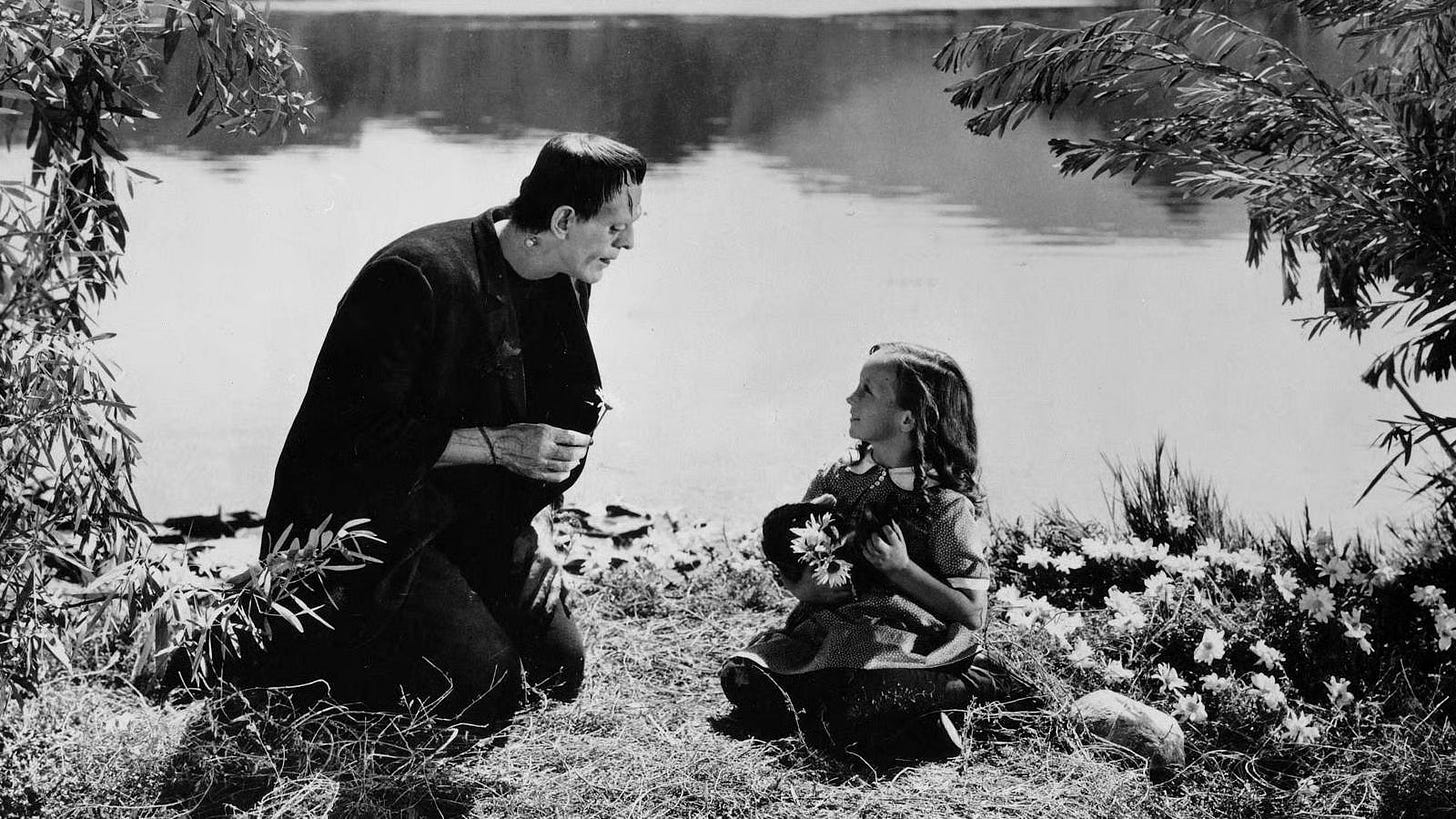
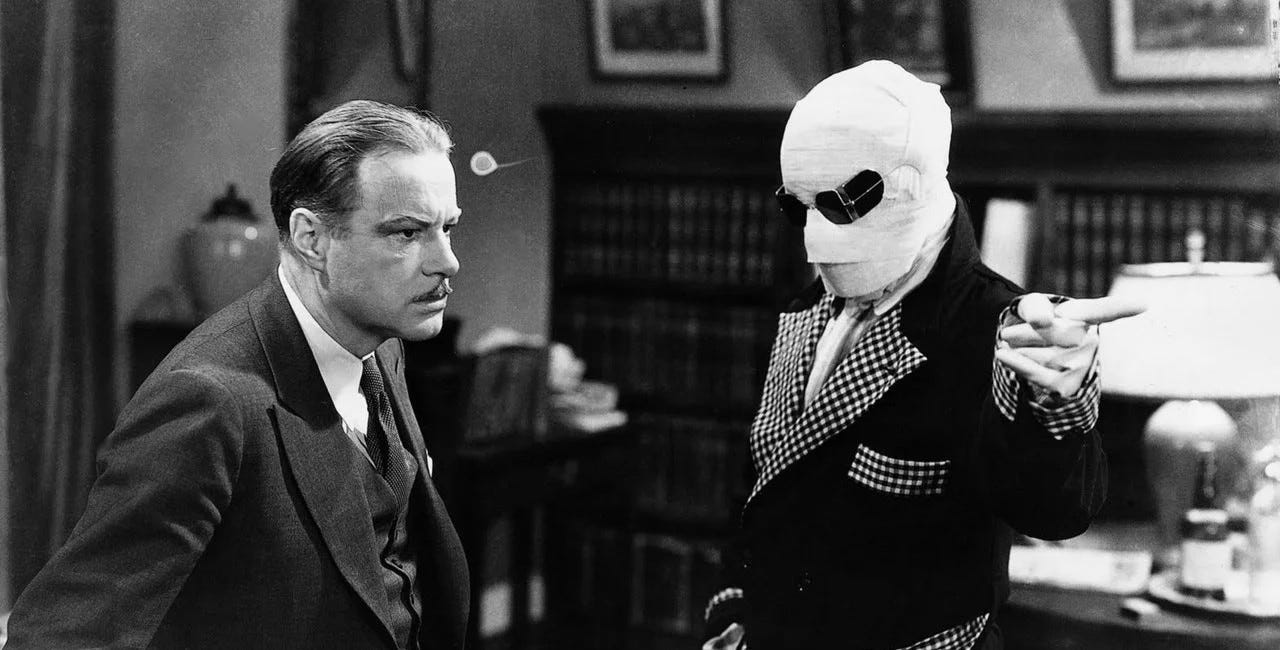
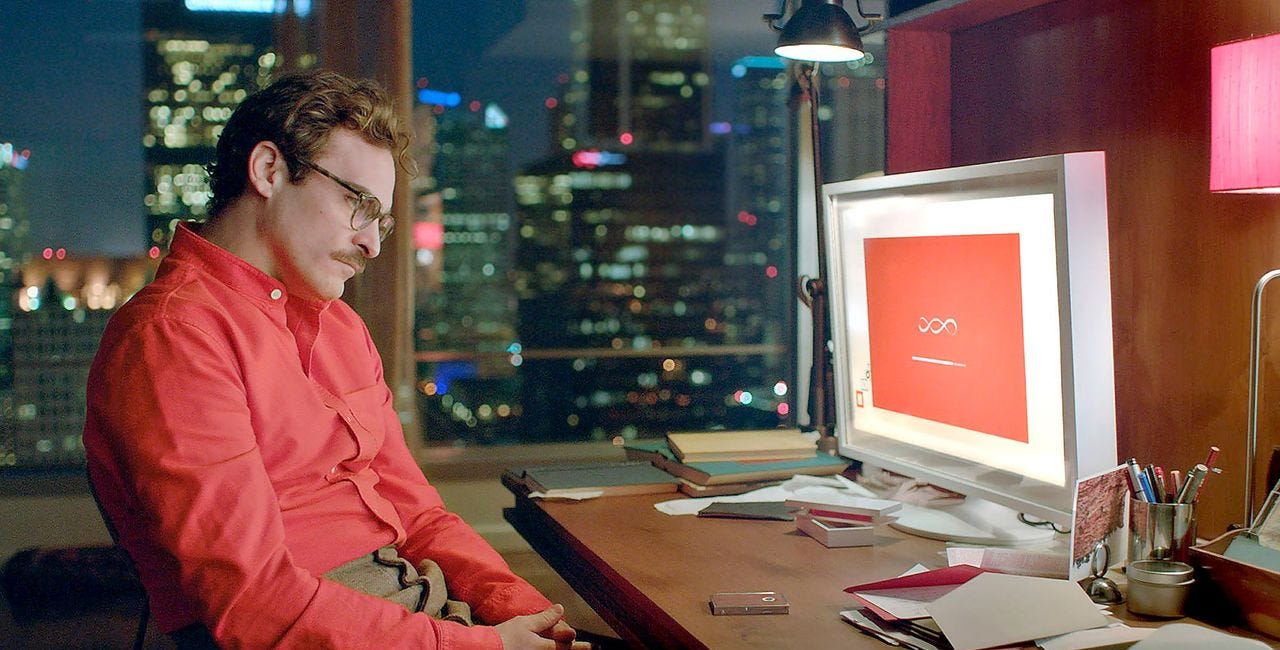
I need to only watch classic movies for months to get my head into the right space. Been meaning to for a long time, and have my watch list carefully planned, but then another topic hijacks my fickle brain.